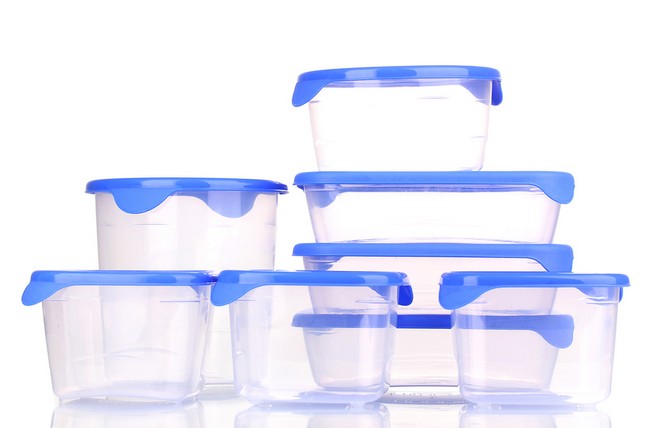- Make It Yourself Lavender Heart-Shaped Bath Bombs!
- 20 Things You Never Knew About “Down There”
- 12 Best Foods For Those Suffering From Arthritis Pain
- 12 Personal Hygiene Mistakes Almost Everyone Makes (Mom Never Told You About #4!)
- 15 Medicinal Plants And Herbs From The Cherokee People
- 12 Mind-Blowing Benefits Of Drinking Coconut Water During Pregnancy
- 12 Outstanding Winter Foods That Won’t Fatten You Up Like A Christmas Turkey
Is Microwaving Food Dangerous?

Photo credit: bigstock.com
The Container You Use Plays a Role
One important factor that should not be neglected is the type of container you place in your food in or on when using a microwave oven. This can, and does, play a factor in just how healthy the end result of microwave cooking is.
Many people use plastic containers when heating food in a microwave. There are some potential problems that can arise from this. Chemical compounds called BPAs (Bisphenol A) are found in many plastics. BPAs have been shown to have serious hormone-disrupting properties. Exposure to heat increased the “migration” of these chemicals. In other words, when these BPA-containing plastics are exposed to heat, the chemicals can leach into the food itself.
Some plastic containers are labelled “microwave-safe”. This does not mean they do not leak chemicals into food when heated. All it means is that it does so at levels below what organizations like the FDA consider to be harmful. Of course, many claim there is no “safe” level of exposure to such chemicals. The best way to completely eliminate this risk is to only use glass and ceramic containers in microwave ovens and avoid using plastic containers entirely.
There is a right way and a wrong way to use a microwave oven. Microwaving is done for convenience, not quality or nutrition. It is not the ideal way to prepare food. Various studies appear to indicate that microwaving some foods alters the nutrients they contain in ways that are undesirable.
READ ALSO: Common Foods That Food Experts Won’t Eat but You Do Everyday
It is recommended that you prepare your meals with conventional cooking methods. If you must microwave your food, only use ceramic and glass containers, never plastic. Do not add water when heating vegetables, as this will exacerbate the leaking of nutrients. Finally, try to reduce the amount of time the food spends in the microwave. Just as overcooking on a stove can ruin food, keeping food in the microwave for too long can damage the molecules it contains and eliminate nutritional value.
References:
































